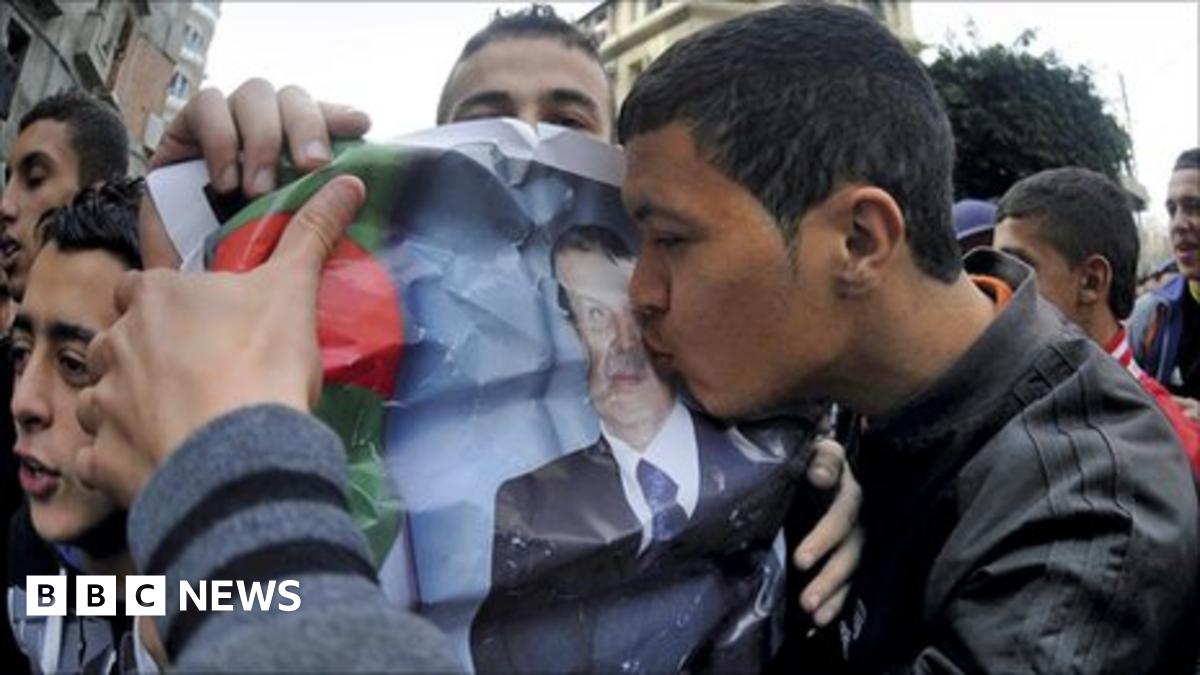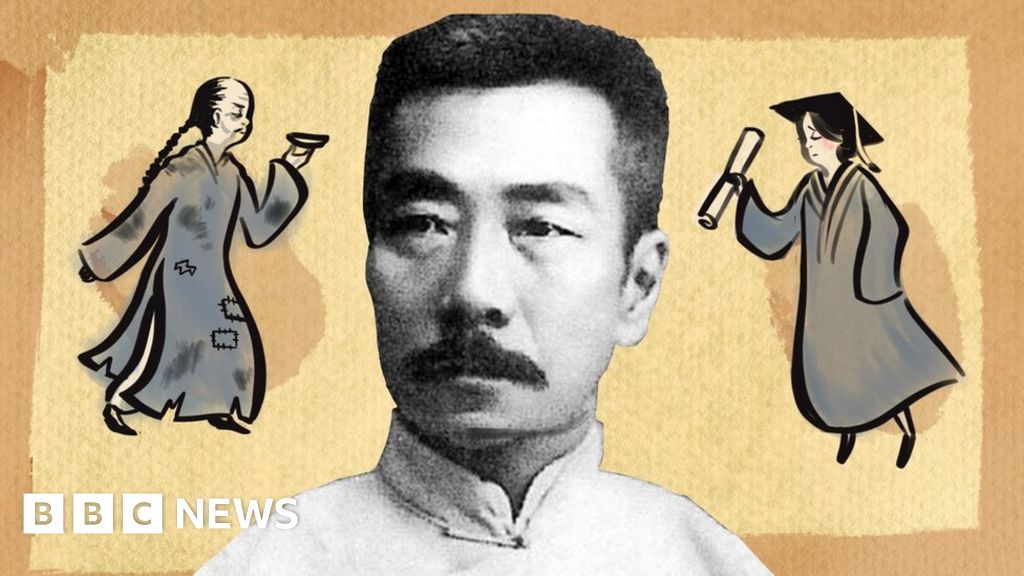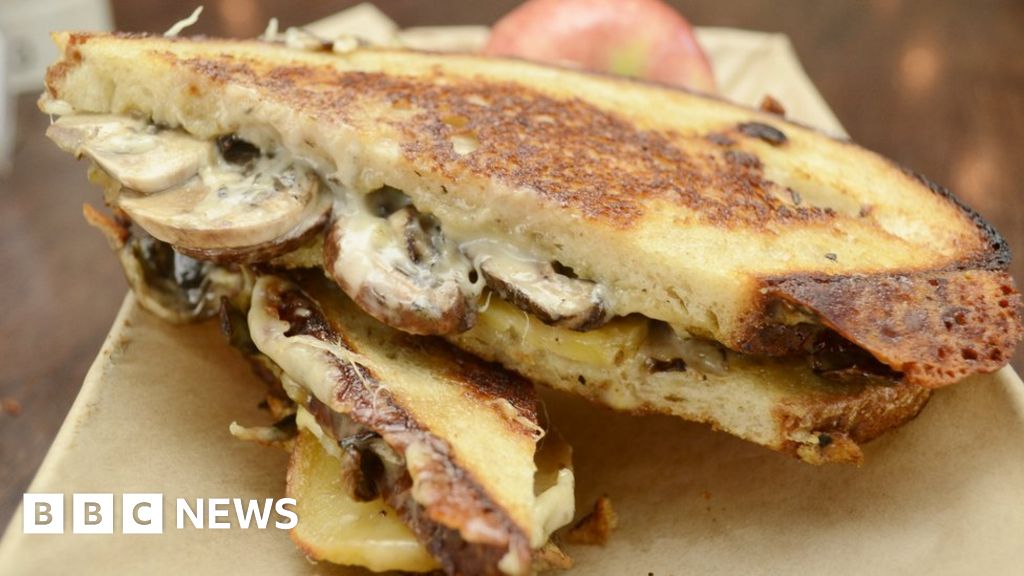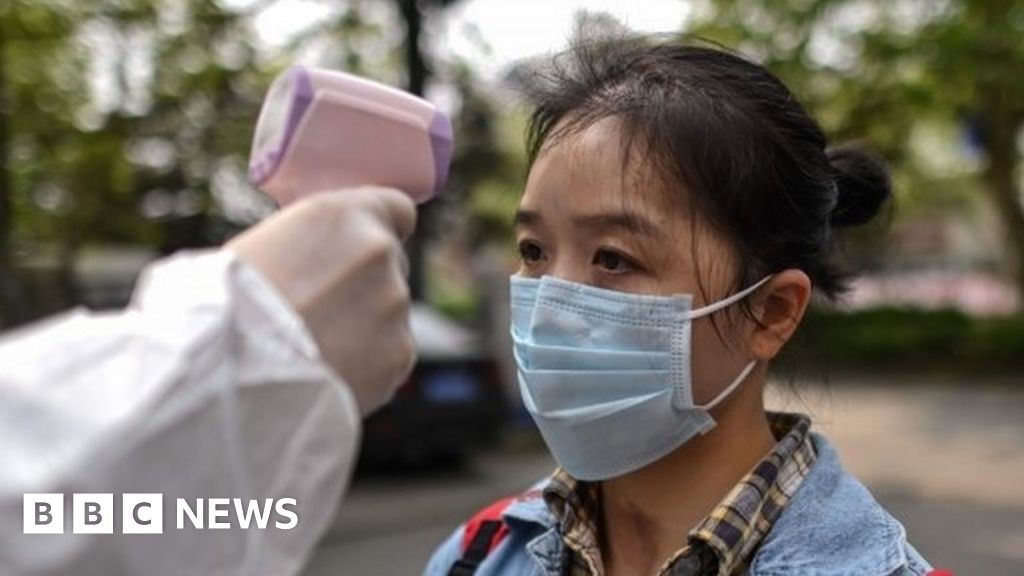Is Algeria immune from the Arab spring?

[ad_1]
This is on top of a 34% increase in salaries for civil servants given earlier this year.
The new budget law extended a tax waiver on cooking oil and sugar imported from abroad until the end of the year. Previously, the government had introduced several programmes to benefit the youth, including low-interest loans for opening a business and affordable housing.
But in a recent interview, an Algerian official described the government’s actions as “a circus”, saying it is “doing everything to avoid angering the people”.
In early February, the government also lifted a 19-year-old state of emergency law that forbade demonstrations and restricted the formation of political associations.
This month the president is expected to release 4,000 Islamists from prison. Most of them have been held since 1992 when a conflict erupted between Islamists and the military.
President Bouteflika has also launched an ambitious reform agenda that would culminate next year with an amended constitution, new electoral laws and a press code, along with several other key changes aimed at curtailing corruption and easing bureaucratic hurdles.
To ensure the participation of all political forces, Mr Bouteflika nominated his former adviser General Mohammed Touati and Mohammed Ali Boughazi, the former cabinet minister, to organise and lead a national dialogue on reforms.
Both leaders were selected for their connections to the Berber political parties and Islamist leaders, respectively.
Source link




